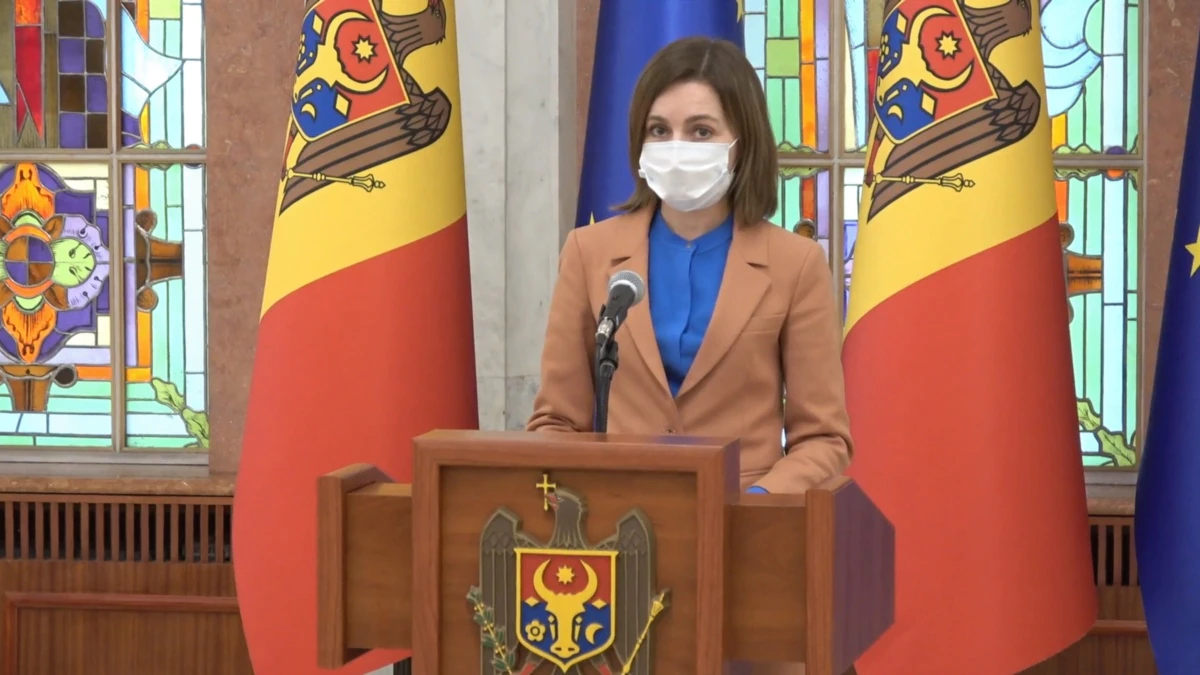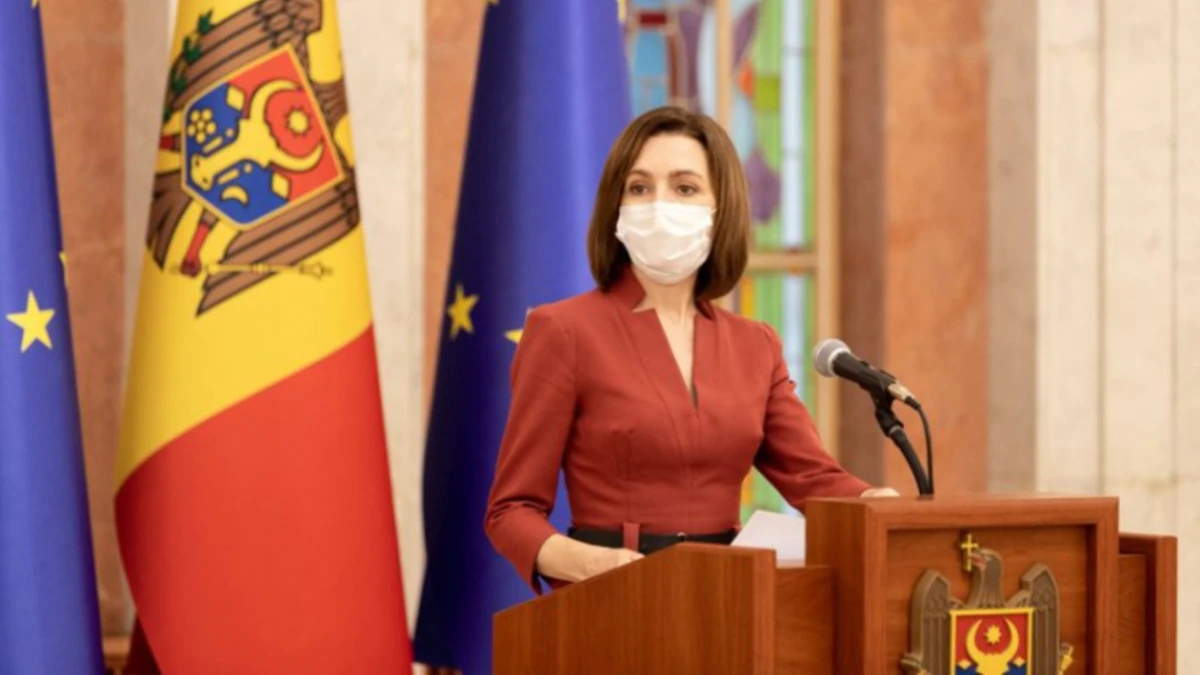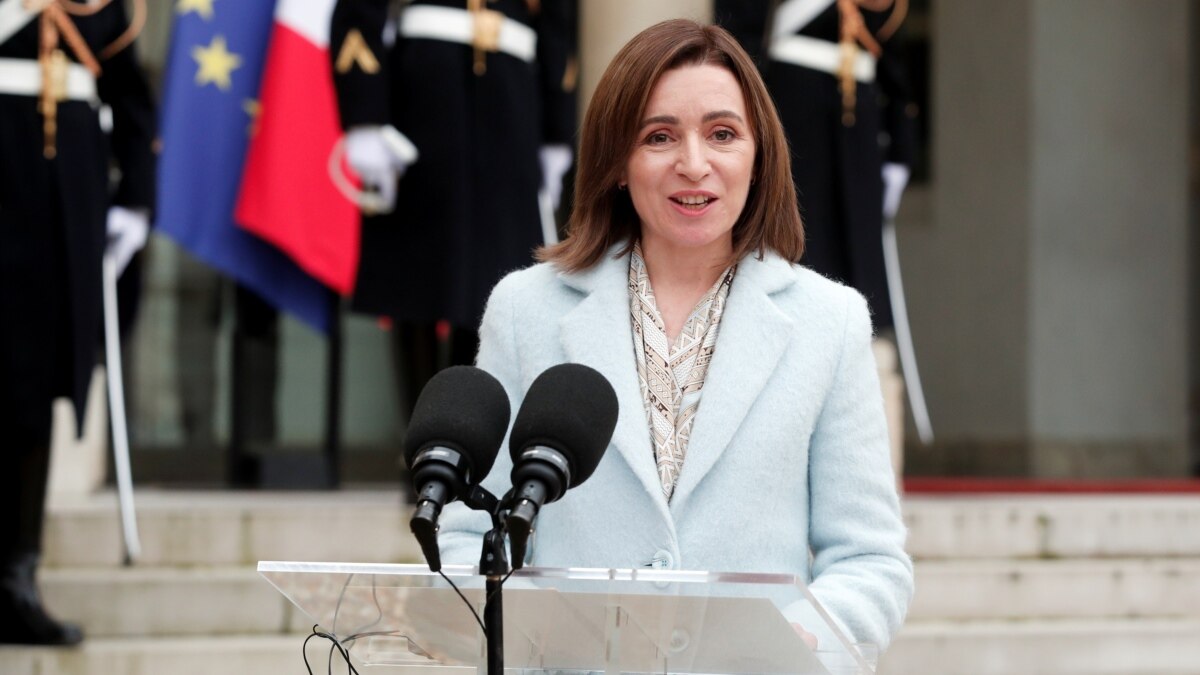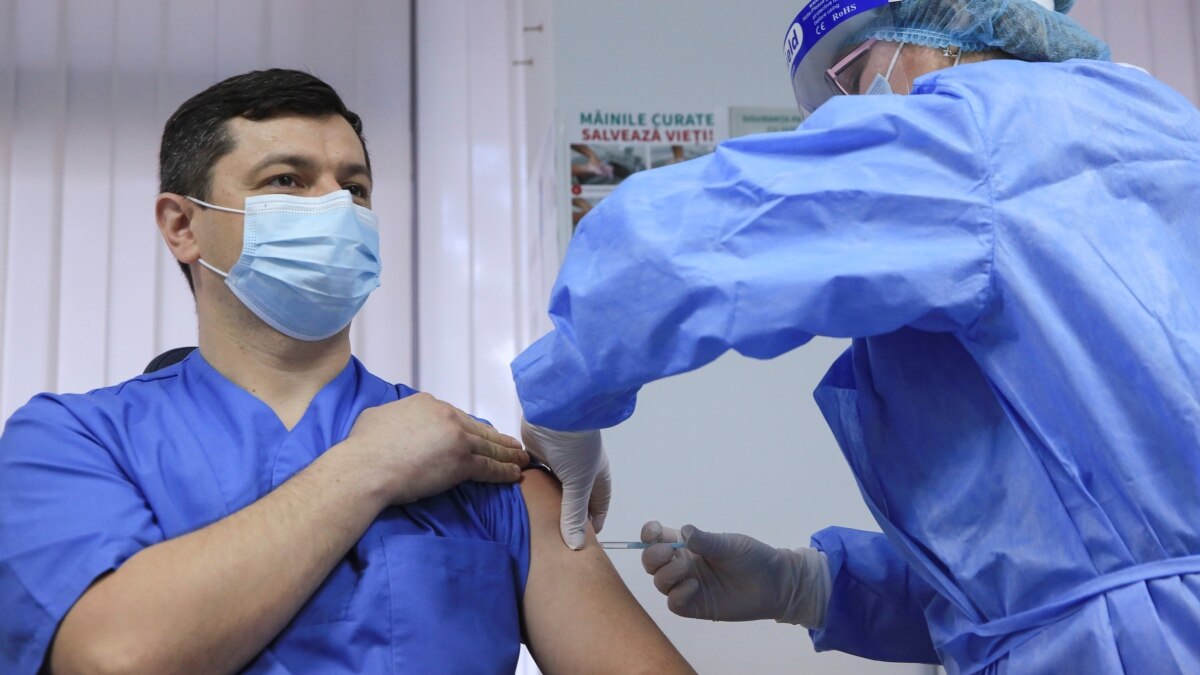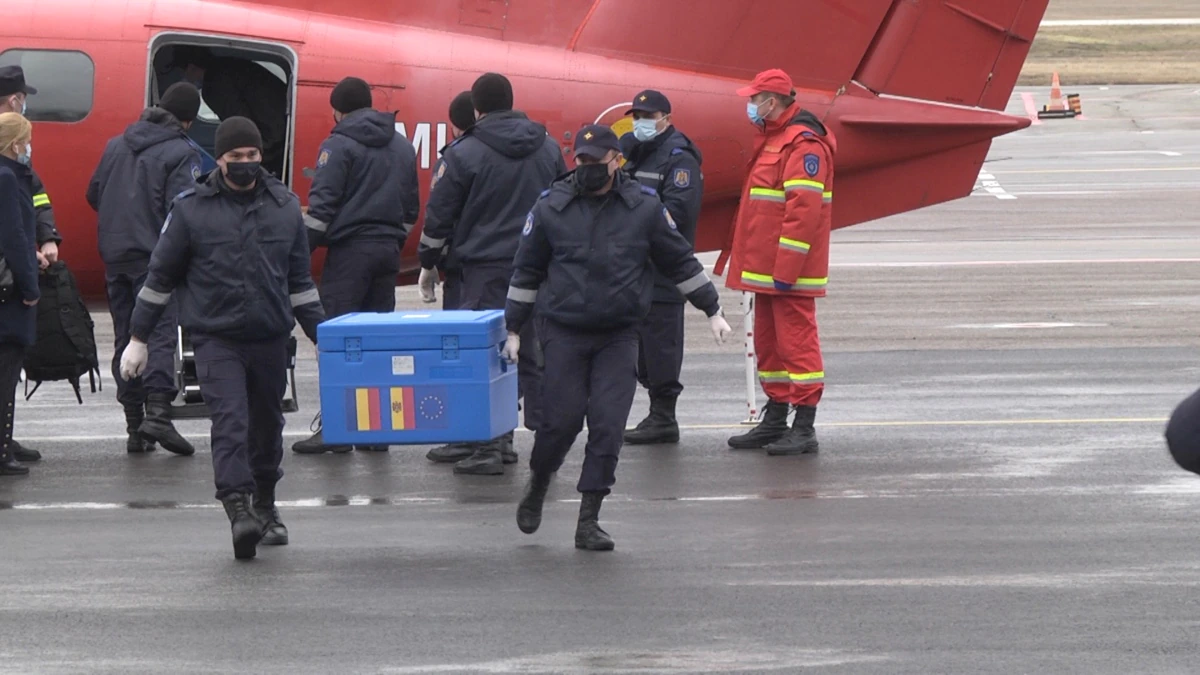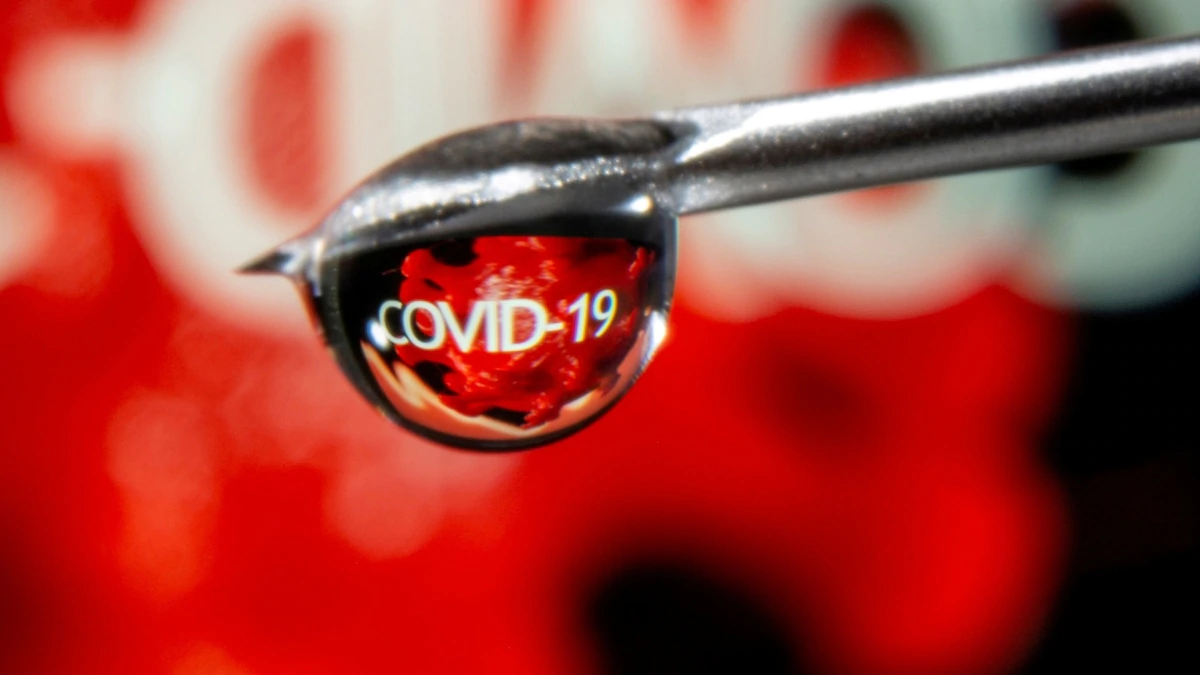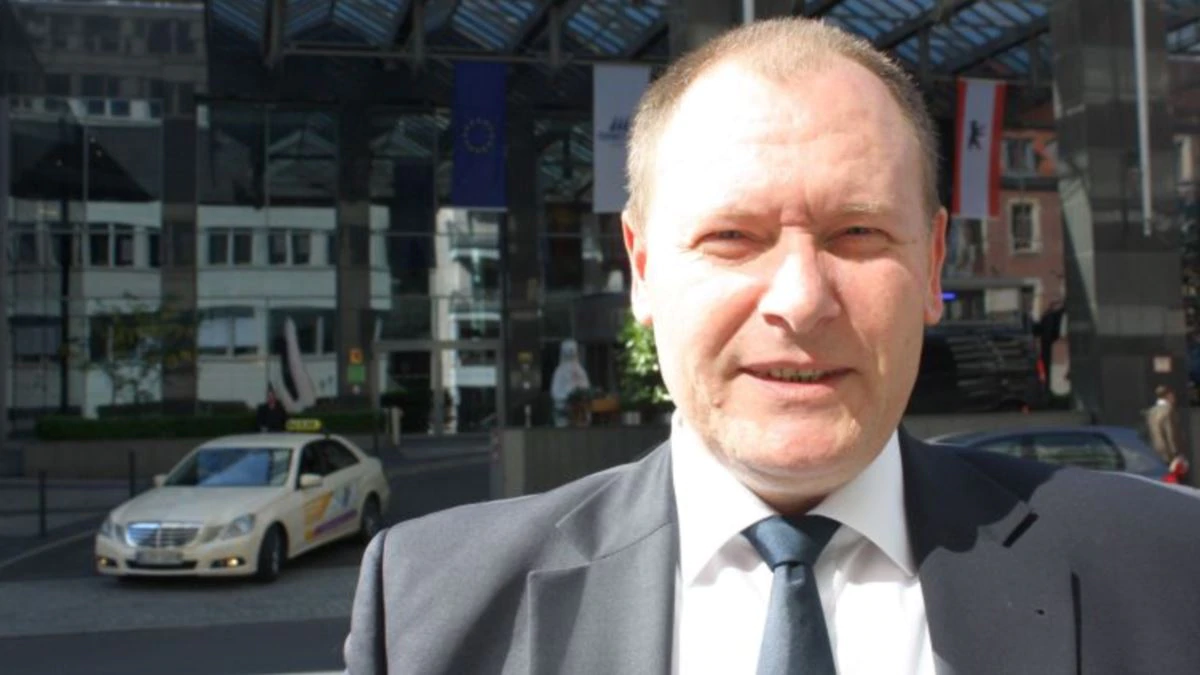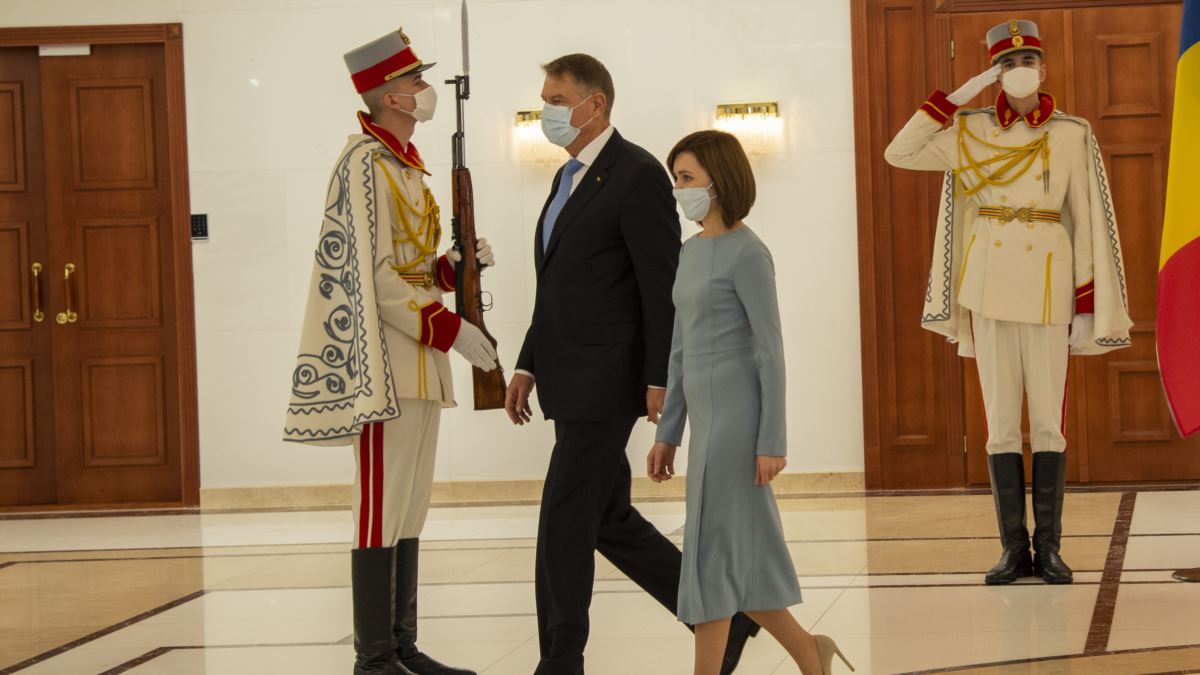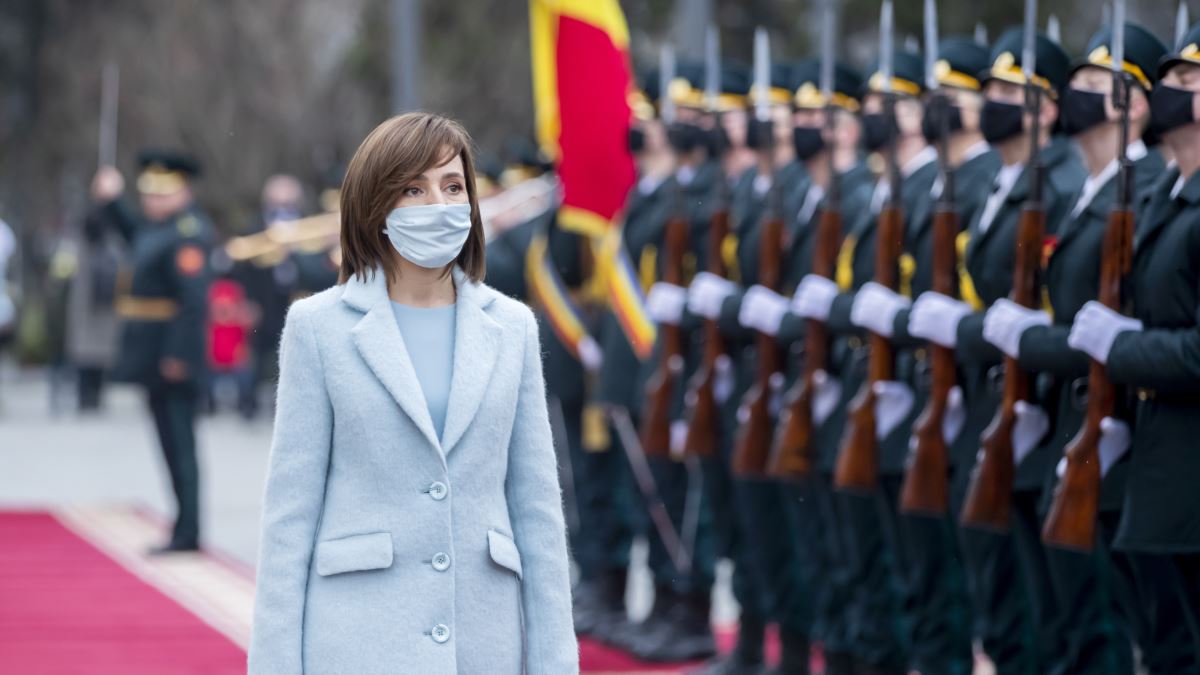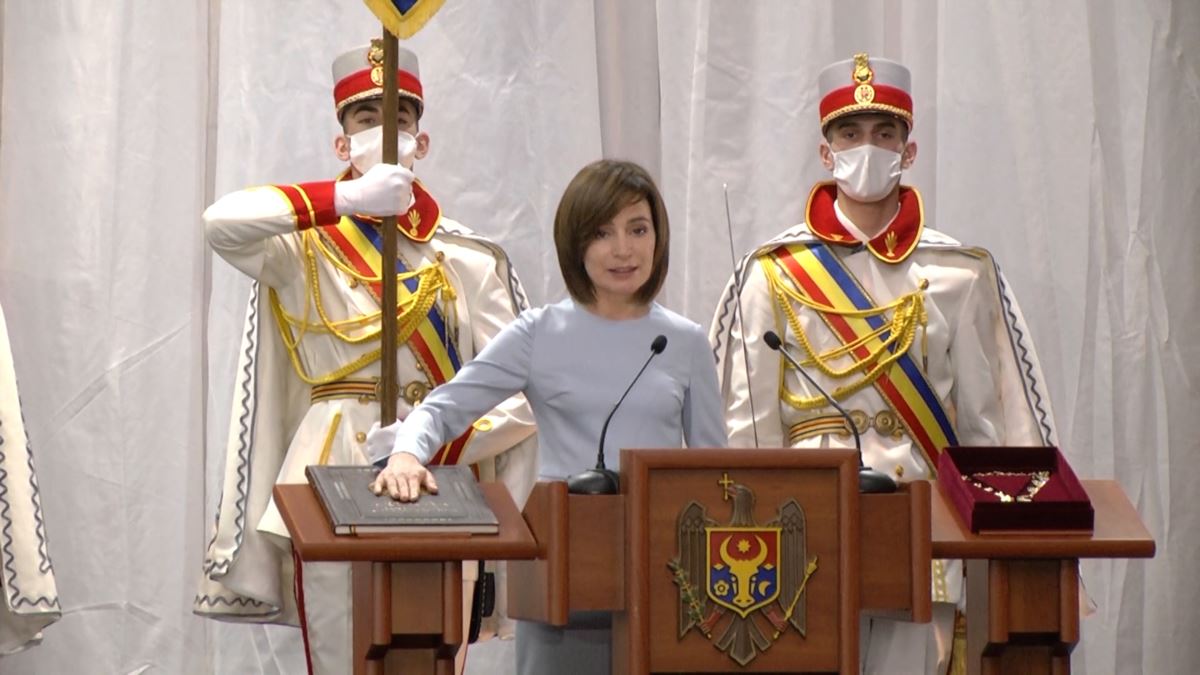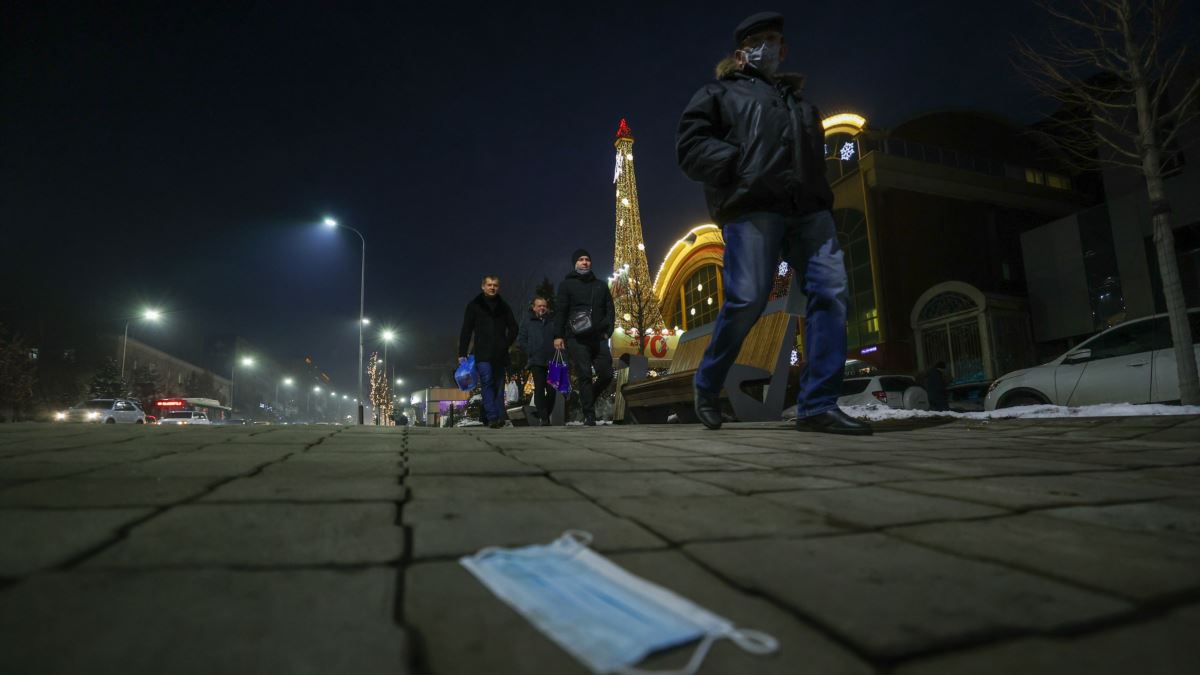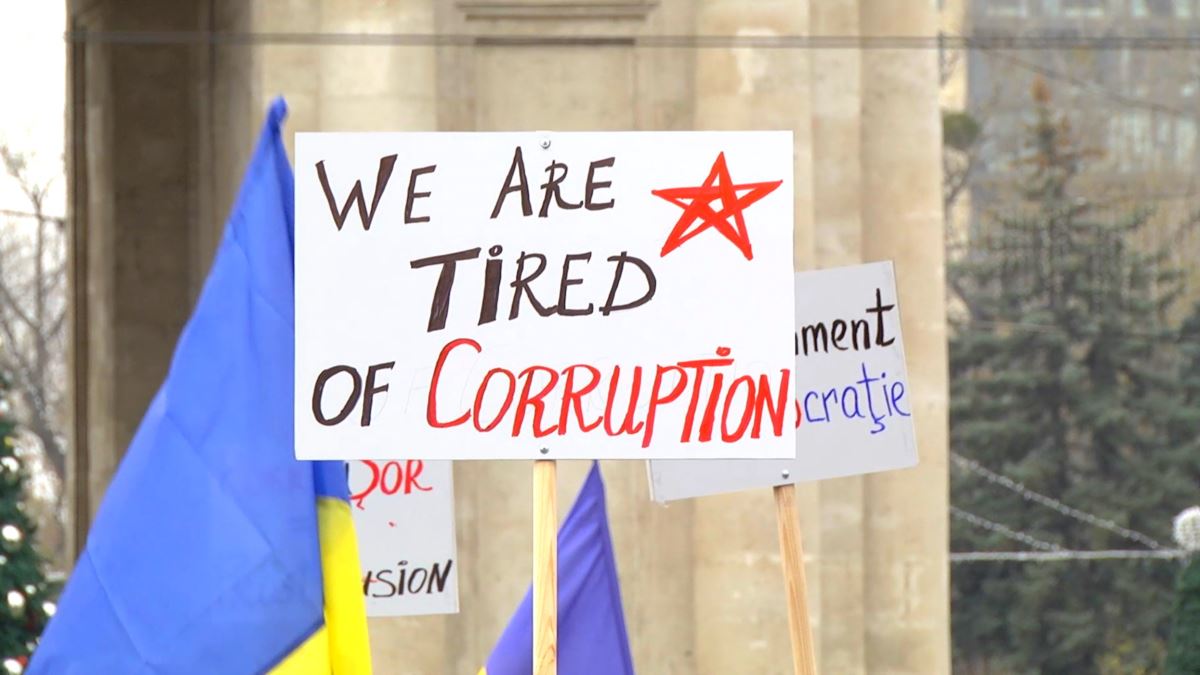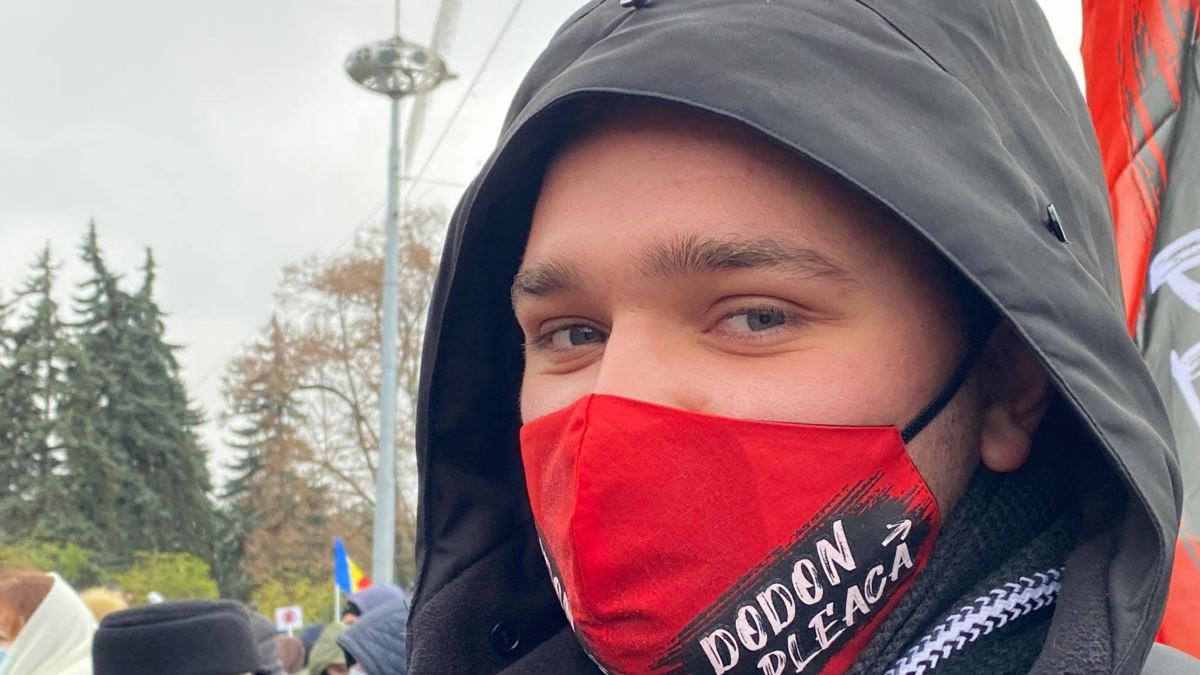Long lines formed at polling stations across Russia’s 11 time zones in time for the “Noon Against Putin” protest against a presidential election expected to virtually gift Vladimir Putin another six years of rule, making him the country’s longest-serving leader.
Voting on March 17, the last day of the election held over a span of three days, took place with virtually no opposition to the long-serving incumbent.
Russians not in favor of seeing Putin serve yet another term settled on showing up at polling places simultaneously at midday in large numbers, with some taking steps to spoil their ballots.
Dozens of detentions were reported around the country as the vote took place under tight security, with Russia claiming that Ukraine, which it accused of launching a wave of air attacks that reached as far as Moscow, was attempting to disrupt voting.
Putin’s greatest political rival, Aleksei Navalny, died a month before the polls in an Arctic prison amid suspicious circumstances while serving sentences widely seen as politically motivated.
Other serious opponents to Putin are either in jail or exile or were barred from running against him amid a heightened crackdown on dissent and the independent media.
The situation left only three token rivals from Kremlin-friendly parties on the ballot — Liberal Democratic Party leader Leonid Slutsky, State Duma deputy speaker Vladislav Davankov of the New People party, and State Duma lawmaker Nikolai Kharitonov of the Communist Party.
Despite Navalny’s death, his support for the idea of using the “Noon Against Putin” action to show the strength of the opposition lived on. The protest, a workaround of Russia’s restrictive laws on public assembly, called on people to assemble at polling stations precisely at noon.
While it was difficult to determine voters’ reasoning for showing up to vote, many appeared to be answering the call to protest across the country as the deadline moved from Russia’s Far East toward Moscow, and from then to the western area of the country and parts of Ukraine occupied by Russia.
Videos and images posted on social media showed long lines of voters formed at noon in Novosibirsk, Chita, Yekaterinburg, Perm, and Moscow among other Russian cities.
“The action has achieved its goals,” said Ivan Zhdanov, the head the Anti-Corruption Foundation formerly headed by Navalny, on YouTube. “The action has shown that there is another Russia, there are people who stand against Putin.”
The protests were accompanied by a heavy police presence and the threat of long prison terms for those seen as disrupting the voting process.
The OVD-Info group, which monitors political arrests in Russia, said that more than 65 people were arrested in 14 cities across the country on March 17.
Twenty people in Kazan, in the Tatarstan region, were detained and later released, according to Current Time. One Ufa resident was reportedly detained for trying to stuff a photograph of Navalny into a ballot box. And in Moscow, a voter was detained after he appeared at a polling station wearing a T-shirt bearing Navalny’s name.
In St. Petersburg, a woman was reportedly arrested after she threw a firebomb at a polling station entrance, others were detained elsewhere in the country for spoiling ballots with green antiseptic into ballot boxes.
Some activists were reportedly summoned to visit Federal Security Service branches precisely at 12 p.m., the same time the protest was expected.
Outside Russia, Russian citizens also reportedly took part in the “Noon Against Putin” campaign, including in Tokyo, Istanbul, and Phuket. In Moldova, voting at the Russian Consulate in Chisinau was reportedly delayed after an apparent fire-bombing.
The Moscow prosecutor’s office earlier warned of criminal prosecution of those who interfered with the vote, a step it said was necessary due to social-media posts “containing calls for an unlimited number of people to simultaneously arrive to participate in uncoordinated mass public events at polling stations in Moscow [at noon on March 17] in order to violate electoral legislation.”
Lawyer Valeria Vetoshkina, who has left the country, told Current Time that if people do not bring posters and do not announce why they came to the polling station at that hour, it would be hard for the authorities to legitimately declare it a “violation.”
But she warned that there are “some basic safety rules that you can follow if you’re worried. The first is not to discuss why you came, just to vote. And secondly, it is better to come without any visual means of agitation: without posters, flags, and so on.”
The OVD-Info human rights group issued a statement labeled “How to Protect Yourself” ahead of the planned protest, also saying not to bring posters or banners and “do not demonstrate symbols that can attract the attention of the police, do not shout slogans. If you are asked why you came at noon, do not give the real reason.”
Russian election officials, officially, said that as of late afternoon on March 17 more than 70 percent of the country’s 114 million eligible voters had cast ballots either in person or online.
Observers widely predict that there was virtually no chance that Putin would not gain another term in office. A victory would hand him his fifth presidential term over a span of 24 years, interrupted only by his time spent as prime minister from 2008-2012.
Over the first two days, some Russians expressed their anger over Putin’s authoritarian rule by vandalizing ballot boxes with a green antiseptic dye known as “zelyonka” and other liquids, with Russian officials and independent media reporting at least 28 cases.
Incidents were reported in at least nine cities, including Moscow, St. Petersburg, Sochi, and Volgograd.
Ella Pamfilova, head of Russia’s Central Election Commission (TsIK), on March 16 said there had been 20 cases of people attempting to destroy voting sheets by pouring liquids into ballot boxes and eight incidents of people trying to destroy ballots by setting them on fire or by using smoke bombs.
On March 16, independent media reported that Russian police had opened at least 28 criminal probes into incidents of vandalism in polling stations, a number expected to grow.
Former Russian President Dmitry Medvedev, now deputy head of the Security Council, on March 16 denounced election protesters as “villains” and “traitors” who are aiding the country’s enemies, particularly Ukraine.
“This is direct assistance to those degenerates who are shelling our cities today,” he said on Telegram. “Criminal activists at polling stations should be aware that they can rattle for 20 years in a special regime [prison],” he added.
Many observers say Putin warded off even the faintest of challengers to ensure a large margin of victory that he can point to as evidence that Russians back the full-scale war Moscow launched against Ukraine in February 2022.
Meanwhile, Ukraine stepped up attacks on Russia leading up to the election, including strikes deep inside the country.
On March 17, Russia’s Defense Ministry reported downing 35 Ukrainian drones overnight, including four in the Moscow region. Other drones were reportedly downed in the Kaluga and Yaroslavl regions neighboring the Moscow region, and in the Belgorod, Kursk, and Rostov regions along Russia’s southwestern border with Ukraine.
On March 16, Ukrainian forces shelled the border city of Belgorod and the village of Glotovo, killing at least three people and wounding eight others, Russian officials said.
The same day, a Ukrainian drone strike caused a fire at an oil refinery that belongs to Russian oil giant Rosneft in the Samara region, some 850 kilometers southeast of Moscow, regional Governor Dmitry Azarov said. An attack on another refinery was thwarted, he added.
Ukraine generally does not comment on attacks inside Russia, but Reuters quoted an unidentified Ukrainian source as saying that Kyiv’s SBU intelligence agency was behind strikes at three Samara region Rosneft refineries — Syzran, Novokuibyshevsky, and Kuibyshevsky, which is inside the Samara city limits.
“The SBU continues to implement its strategy to undermine the economic potential of the Russian Federation that allows it to wage war in Ukraine,” the news agency quoted the source as saying.
Russian authorities, who have accused Kyiv of launching assaults designed to disrupt voting, claimed that Ukraine on March 16 dropped a missile on a voting station in a Russian-occupied part of Ukraine’s Zaporizhzhya region, although the report could not be verified.
With reporting by RFE/RL’s Ukrainian Service, Reuters, and AP
This content originally appeared on News – Radio Free Europe / Radio Liberty and was authored by News – Radio Free Europe / Radio Liberty.
This post was originally published on Radio Free.




